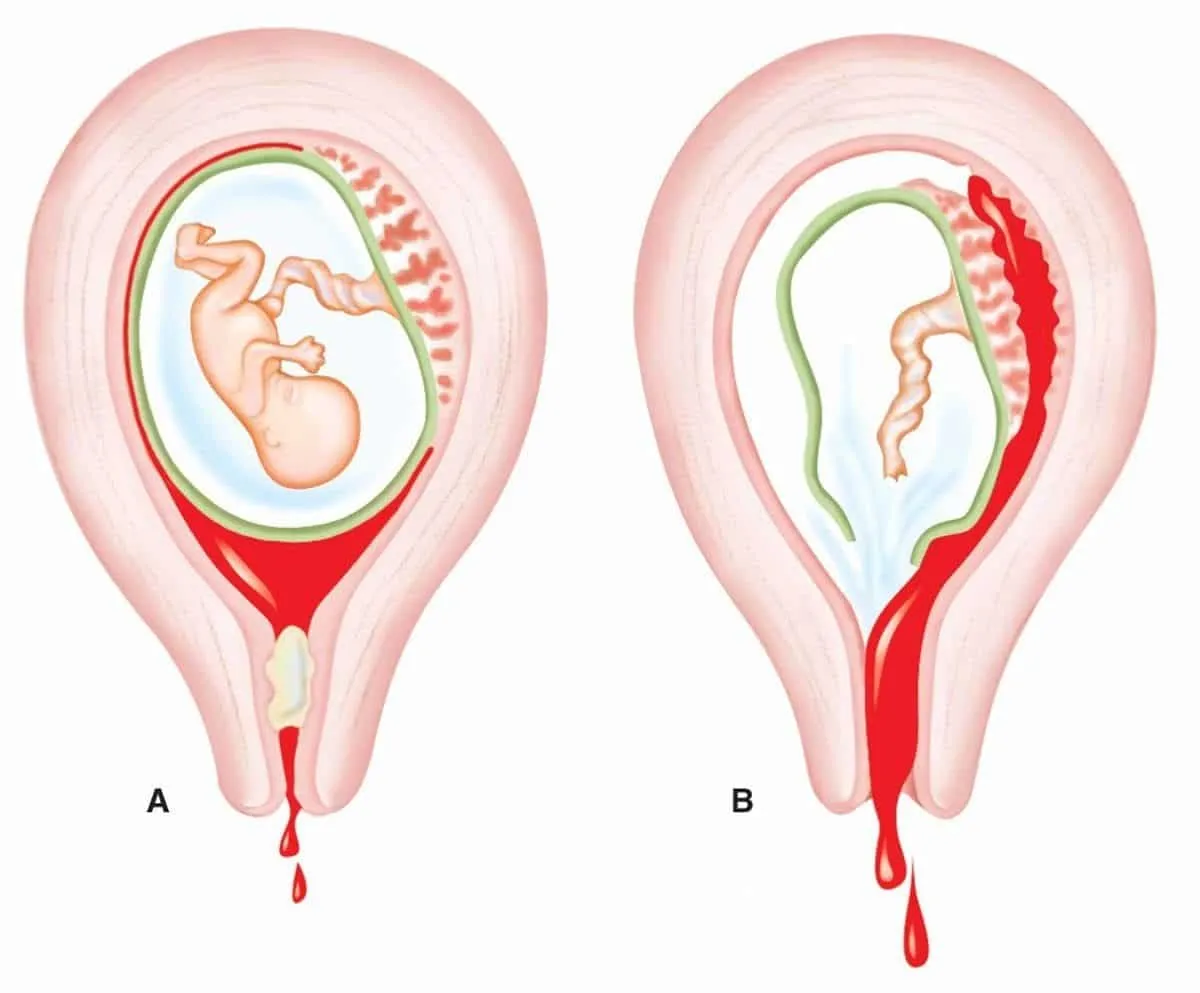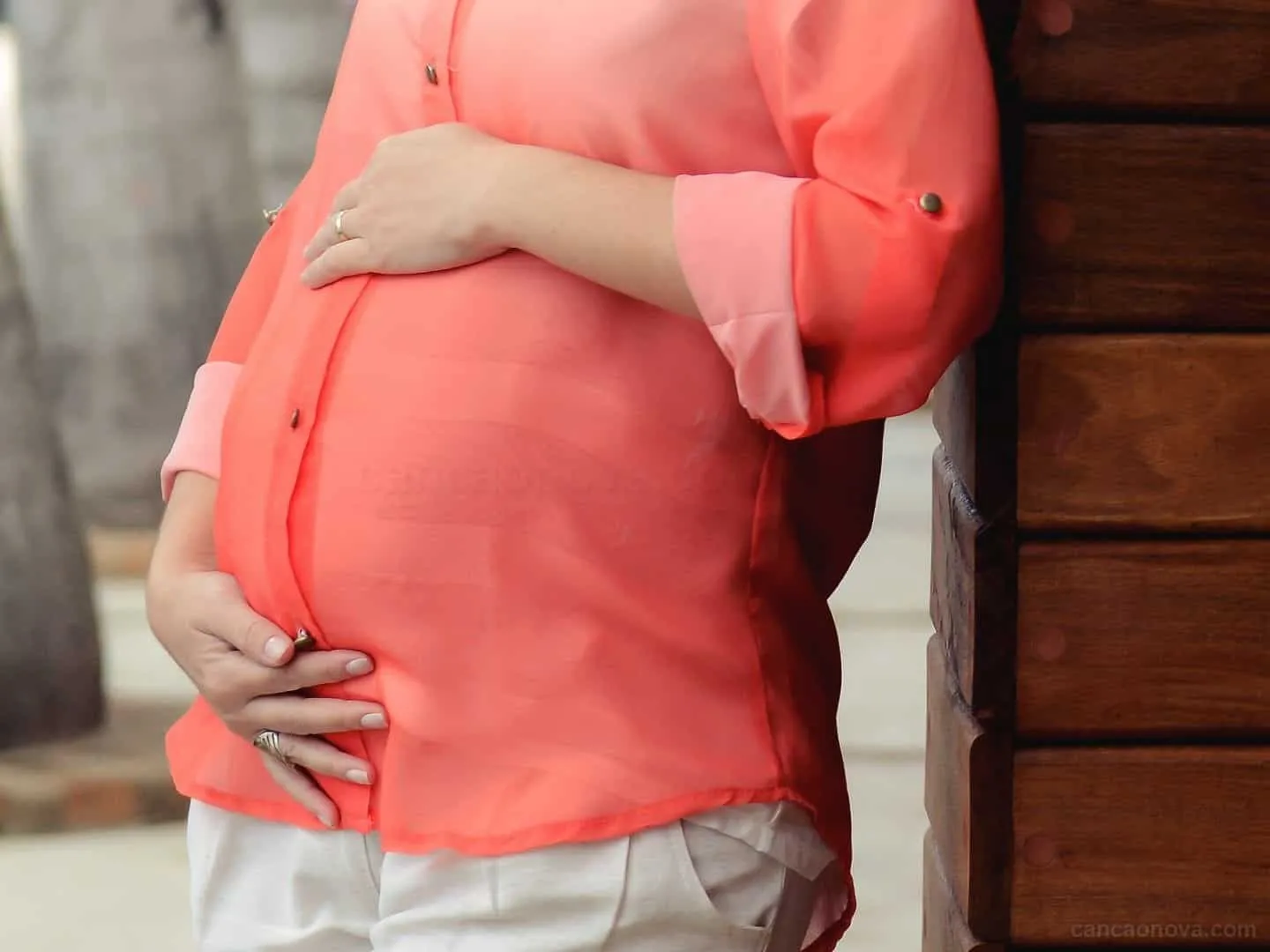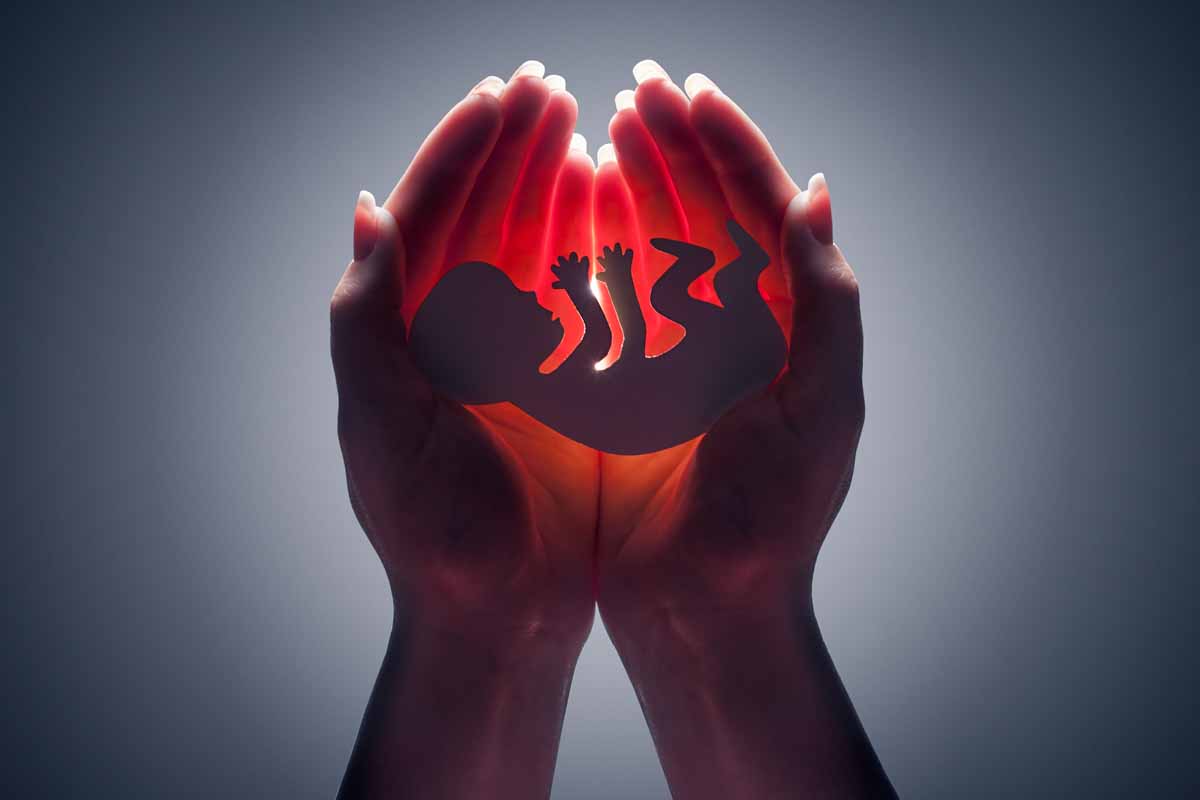15% of pregnancies are interrupted by miscarriage in the first three months of pregnancy, but prenatal care can help with prevention.
First of all, it’s important to know that miscarriage is more common than you might think. The loss of a baby in the first 20 weeks of pregnancy is considered a spontaneous abortion, if it is involuntary. In other words, nothing happened that could have caused the miscarriage. Therefore, there are many cases in which a miscarriage can happen without the woman even knowing that she was pregnant.
What causes miscarriage?

It can occur due to many factors. But mainly due to genetic problems that occur when the embryo is forming. Statistics point to up to 70% of causes in this regard.
However, it can also occur due to other complications, such as problems with the uterus, diabetes, autoimmune diseases, as well as thyroid problems, deficiency in progesterone production and is more likely to happen to older women, and users of cigarettes, drugs and excessive alcohol.
There is also another factor that can influence spermatozoa from men over 55 years old, these are linked to a higher rate of miscarriage.
People who have had two or more miscarriages in a row are also at higher risk of miscarriage.
What doesn’t cause miscarriage?

Since we talked about what can cause it, now it’s time to know what doesn’t necessarily cause a miscarriage. Be alert!
- Exercises
- Sexual intercourse
- Scares
- Falls from own height
- Work as long as there is no exposure to harmful chemicals or radiation.
But it all depends on the situation, you should first ask your doctor what you should or shouldn’t do. Each pregnancy is different from one another, even more so when the pregnancy is at risk. So follow your doctor’s instructions. If you have any questions, seek professional help.
Symptoms

Among the most common symptoms are:
- Heavy bleeding
- Backache
- Abdominal pain/cramps
- Nausea
Prevention

When the factor is genetic it is a little more complicated to avoid, however when this is not the case it is recommended by doctors that the pregnant woman undergoes prenatal care correctly, as well as taking folic acid and antioxidants and carrying out preconception exams.
And secondly, try to exercise and eat well. It is also recommended that you avoid the use of cigarettes, illicit drugs and alcohol. Finally, it is extremely important that you avoid stress.
Treatment

Treatment is carried out according to the type of abortion the woman suffered. It is common for doctors to perform an ultrasound. And in some cases, curettage or manual or vacuum aspiration is performed to remove tissue debris and clean the woman’s uterus, preventing infections.
Finally, it is also recommended that women undergo psychological counseling, as the loss can generate possible trauma.
Sources: Minha Vida Bebê.com
Featured image: Health Plan
Read also: What products can be abortifacients?

Sign up for our newsletter and stay up to date with exclusive news
that can transform your routine!
Warning: Undefined array key "title" in /home/storelat/public_html/wp-content/plugins/link-whisper-premium/templates/frontend/related-posts.php on line 12
Warning: Undefined array key "title_tag" in /home/storelat/public_html/wp-content/plugins/link-whisper-premium/templates/frontend/related-posts.php on line 13




